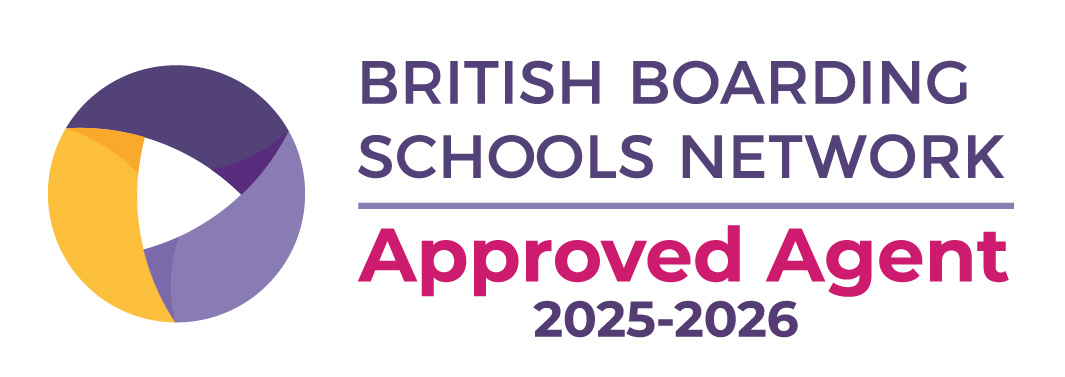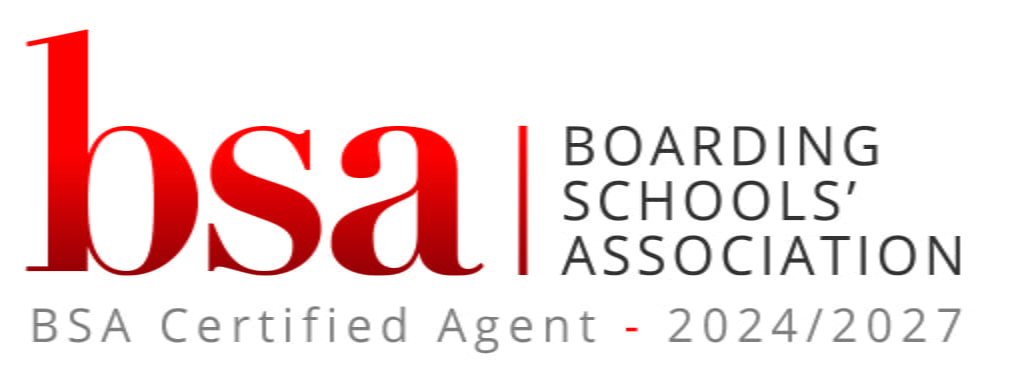Contents:
Book a free consultation today!
Year after year, the majority of students aim for top-level school-leaving qualifications, as they opens the door to university. But studying at university doesn’t have to depend solely on doing the programme in your home country. One alternative route is to gain your university entrance qualification abroad—for example, by completing the certificates in England.
With qualifications from England to universities worldwide
University campuses today are wonderfully international. Alongside students who completed their schooling in their home countries, you’ll also meet young people who earned their qualifications abroad. School-leaving certificates vary widely across the globe, but many are officially recognised as giving access to higher education in multiple countries.
That recognition is more straightforward in some countries than others. The UK, with its prestigious and globally respected education system, offers qualifications that are widely understood internationally and can be easily compared to high school diplomas or university entry qualifications around the world.
School-leaving qualifications in England
In England, as in many countries, there are different types of qualifications depending on a student’s chosen path. The first stage is the GCSE (General Certificate of Secondary Education) which young people take at age 16. But anyone planning to progress to university needs to continue with further study.
The classic route in the UK is A-Levels, the English equivalent of a university entrance qualification. To do these, students enter the ‘Sixth Form’, the British term for upper secondary school*. Over two years, they study three (or sometimes four) subjects in depth, finishing with final examinations. The appeal is the freedom of choice: if you never want to study maths again, you don’t have to! A-Levels allow students to focus fully on their strengths and career ambitions.
The alternative is the International Baccalaureate Diploma (IB). As the name suggests, this is an internationally recognised programme, available worldwide, with a strong presence in England. Unlike A-Levels, the IB requires a broader spread of subjects: mathematics, sciences, languages, and humanities. Students are tested across all areas, offering a wider academic foundation. Some British schools offer both pathways in parallel.
*Did you know that the word ‘form’ in schooling comes from the benches that the students sat on in Shakespeare’s day?

After completing school in England – what next?
Students who complete their A-Levels or IB in England can apply directly to British universities. Schools provide strong support with applications, from subject choices to personal statements. But the options are not limited to the UK. Thanks to the excellent global reputation of British qualifications, graduates can continue their studies in the US, Canada, Australia, across Europe, and in many other parts of the world.
Some students also return to their home countries, where recognition processes depend on local regulations. In many cases, universities accept A-Levels or the IB directly; in others, there may be subject requirements or additional conditions, similar to national equivalents of a “partial” university entrance qualification. It is important to check with us what subjects you are preparing to study for this reason.

The route into an English school
Why do students choose to study abroad? Common reasons include:
- Developing English language fluency
- Benefiting from excellent teaching and learning
- Deepening knowledge in chosen subjects
- Gaining intercultural experience and lifelong friendships
- Building independence and confidence, resilience and empathy
While short exchange programmes can be valuable, the most lasting benefits usually come from longer stays. Boarding schools in England provide exactly that: immersion in local life, close friendships, and both personal and academic development. Students can attend for a few months, a year, or all the way through to their final school-leaving qualification.

Finding the right school
Not all schools are the same, even if they offer A-Levels or the IB. In fact they can be quite different. These differences lie in subject choice, teaching approach, and extracurricular focus. For students considering only a year abroad before returning to their home country, it’s important to choose a school where the subjects align with their future plans.
This is where expert guidance helps. Specialist advisors, such as Akademis Internatsberatung, know British schools first-hand; their strengths, culture, and opportunities. With professional support, students and families can find the right fit and navigate the application process with confidence.

In England, school is more than learning
Life at a British boarding school isn’t just about academics. These schools are also communities, offering a rich programme of sports, music, art, and drama. Students might take up rowing, tennis, or golf; others thrive in orchestras, choirs, or studios. These opportunities not only develop talents but also build character, leadership, and resilience. In the UK, this is called ‘holistic education’.

The best conditions for success
Studying for A-Levels or the IB in England is not necessarily easier than elsewhere, but many students find it more manageable thanks to the supportive environment. Modern facilities, small class sizes, and individual attention help students to thrive. Those with specific learning needs, such as dyslexia, also benefit from tailored support, helping them to reach their full potential and succeed in their final examinations. By the same token, gifted students can accelerate their learning and achieve huge success.
Questions and answers about the programmes in England
Can you take the school leaver’s certificates in England?
Although it is not called the Abitur in England, there is of course an equivalent school-leaving qualification in the UK that grants access to university studies. In England, this qualification is called A-Levels. At many schools in England, students can also complete the International Baccalaureate (IB).
Can you study in Germany with an English qualifications?
School-leaving qualifications obtained in the United Kingdom can, under certain conditions, be recognised as equivalent to the German Abitur. In this way, it is also possible to gain admission to university studies in Germany.
How can an international student complete the graduation programme in England?
Students from Germany and other countries can also attend school in England. To obtain the equivalent of the Abitur in England, one option is to enrol at an English boarding school.
Schedule a free consultation
How can we help you?

Julia Wilmes
Managing Director
Supporting families through these important steps in their children’s educational journey has become my heartfelt mission since founding Akademis. That is why it is especially important to me that we dedicate ourselves to every student seeking a boarding school with empathy and personal care.







